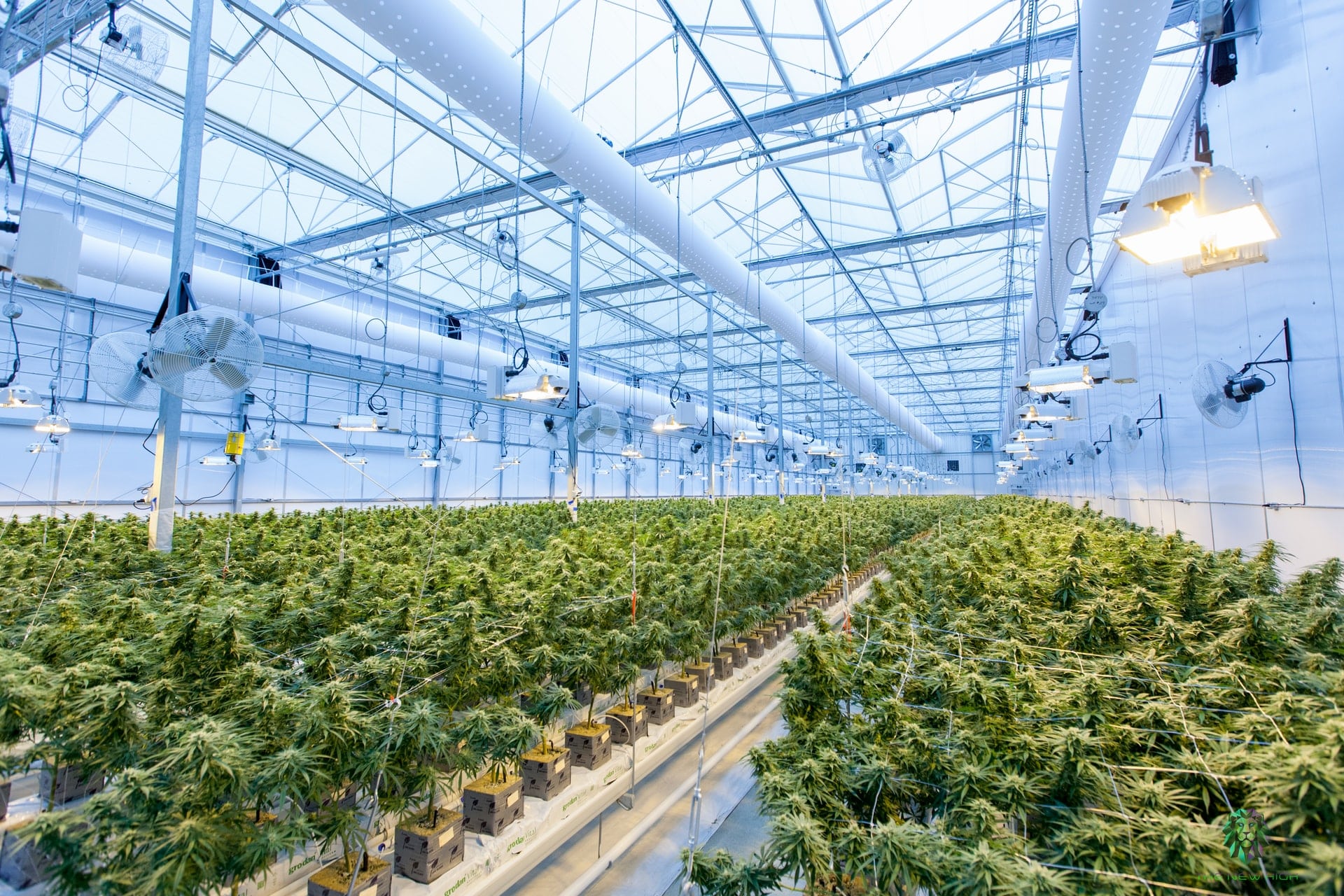
Photo by Richard T on Unsplash
Wholesale plant distributors or nurseries run a big operation on a big scale. They provide plants and seedlings to landscape contractors, garden centers, nursery brokers, retailers, lawn maintenance services, builders, and environmental companies.
While running a wholesale plant business sounds like a prosperous decision, it needs equal care and attention to sustain the plants. No matter how popular the operation is, some plants don’t make it to the selling part and go into compost. And there are other various challenges that wholesale distributors face over the time of plant growth.
So, how do these plant distributors conserve their collection? What are the steps they take to ensure sustainability? We have shared that below. Read on.
Use of plant materials from authorized sources
This is the most important step that wholesale plant distributors take. While many of them might just use normal quality plant materials grown out of synthetic chemicals for the fast growth of plants, it results in the heavy destruction of their collection.
Use of pure quality plant material (from authorized sources) and other resources, such as soil conditioner and landscape fabric, are highly encouraged among wholesale distributors. One should always go to native plant gardens to get plants that are grown with the use of premium quality resources, including natural pesticides. This also includes the use of insecticides, pesticides, fungicides, and growth regulators to promote healthy plant growth.
Use of pure quality soil also plays a vital role
The type of soil required depends on the method of how nurseries choose to grow plants. For instance, soil immersed with manure and compost is used for field production. However, the right mixture of sand, peat moss, and hardwood bark is preferred for container-grown plants.
Use the proper techniques to ensure the natural and fast growth of plants
For instance, nursery operations like potting media filling and container filling should be undertaken with the use of appropriate techniques such as RPM production. It helps the plant growers yield twice the results in a short span of time.
Adopting traditional practices to ensure the natural growth of the plants
Composting is one of them. It contains organic material, which helps soil to retain water, nutrients, and air. This is a popular practice followed mainly by plant growers. Another trick is to attract the right bugs into the field. Some bugs are beneficial for plant growth as they aerate the soil and control insect and plant pests.
Administering cultural and chemical changes to preserve plants
This is the most challenging part for the growers, where they have to hold the plants and look for ways to preserve their quality. Oftentimes, growers face slow plant sales, which increases the risk of plant deterioration due to pests and other environmental factors such as humidity and light.
In such cases, growers seek chemical-induced practices, such as spraying plant growth regulators (PGR) to slow down the natural growth of plants, lowering the temperature level, and changes in watering practices. Experts also suggest the use of the right type of pest control to prevent plants from pests.
These practices help benefit the entire ecosystem by providing an optimal environment for plants to survive and thrive, especially when nurseries have to keep plants for a longer period of time.
The Dire Need for Plant Conservation
Now that we are on the verge of biodiversity loss and climate change, the conservation of plant diversity becomes crucial. It ensures the natural sustainability of all ecosystems. Not only that, but plants are also the base of our survival.
From supplying oxygen, producing energy, and providing raw materials for food and clothing to prevent degradation processes, such as soil erosion and desertification, plants play a vital role in so many things. This is why conserving plants in itself is explanatory.
You may also like
Why Mother Earth Loves Hemp: Insights on Sustainability
4 Reasons Why All Businesses Should Embrace Sustainability
Sustainable Parks and Why We Should Invest in Them
7 More Ways to Support Your Community Through Businesses
